Continuing the 6th Session, on the morning of October 26, at the National Assembly House, under the chairmanship of National Assembly Chairman Vuong Dinh Hue, the National Assembly discussed the draft Law on Water Resources (amended). Vice Chairman of the National Assembly Nguyen Duc Hai chaired the meeting.
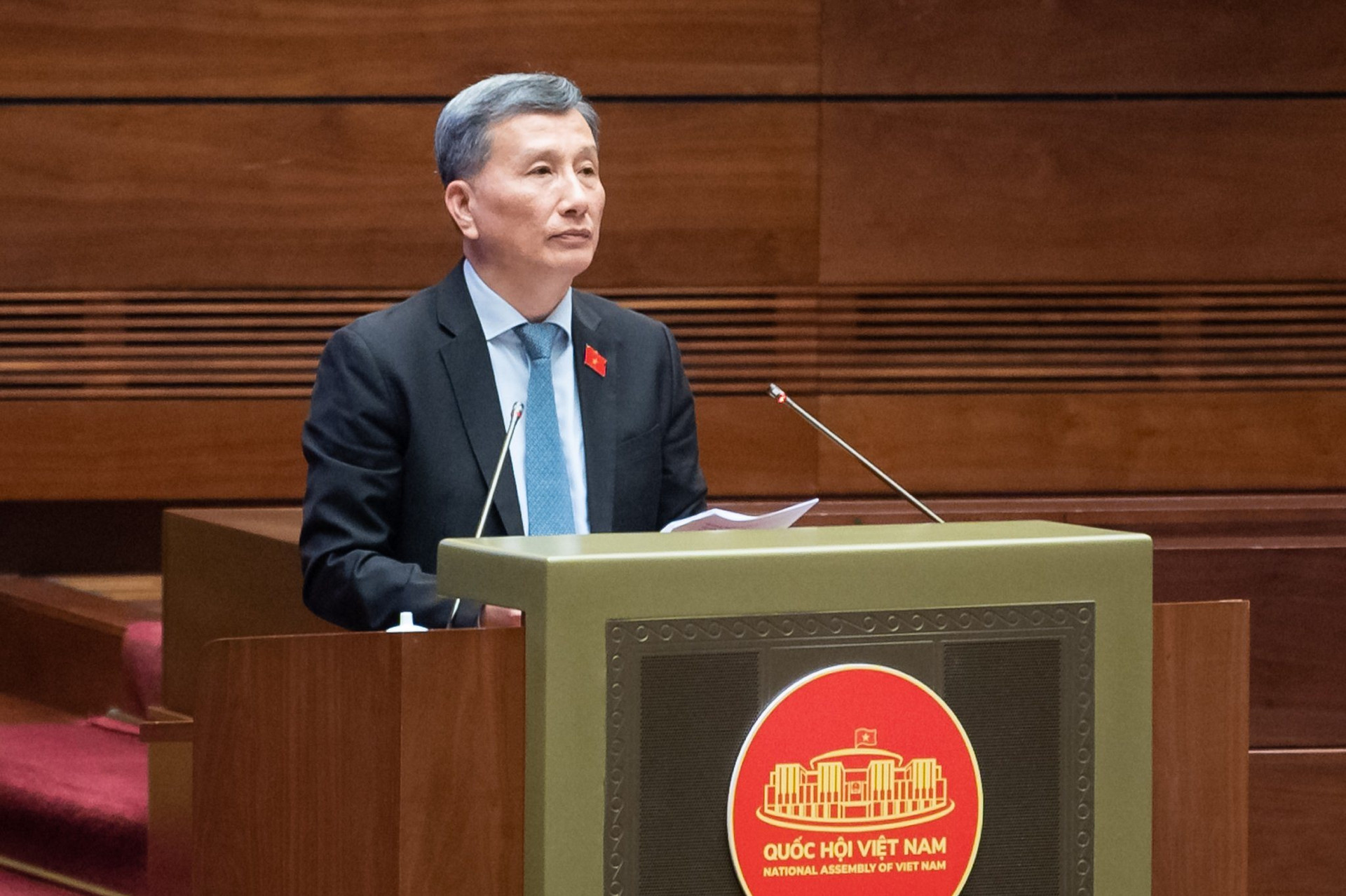
Explaining, receiving and revising the draft Law on Water Resources (amended), Chairman of the Committee on Science, Technology and Environment Le Quang Huy said that in Article 3, many opinions of National Assembly deputies suggested focusing on contents such as: unified management of water resources and division of labor and decentralization; linking water security assurance with national security and sovereignty ; comprehensive and unified management of water resources according to river basins; regulating and effectively distributing water resources.
In response to the above comments, the draft Law has been revised to be concise, highlighting general principles and priorities in water resources management, separating the responsibilities of water resource management and management of planning, construction, and operation of water exploitation and use works.
Adding content on ensuring water security to the principles of management and protection
Regarding the content of "Principles of management, protection, regulation, distribution, development, exploitation, use of water resources, prevention, control and remedy of harmful effects caused by water (Article 3)", many opinions of National Assembly deputies suggested focusing on contents such as: unified management of water resources and division of labor and decentralization; linking water security assurance with national security and sovereignty; comprehensive and unified management of water resources according to river basins; effective regulation and distribution of water resources.
In response to the above comments, the draft Law has been revised to be concise, highlighting general principles and priorities in water resources management, separating the responsibilities of water resource management and management of planning, construction, and operation of water exploitation and use works.
In addition, there are opinions suggesting to supplement and clarify the principle of ensuring water security . Regarding this issue, the Standing Committee of the National Assembly finds that the concept of water security currently being used uniformly in the world includes 4 elements: (1) ensuring that freshwater ecosystems, marine ecosystems and related ecosystems are protected and strengthened; (2) sustainable development and political stability are promoted; (3) everyone has full access to clean water at a reasonable cost to have a healthy and prosperous life; (4) vulnerable groups will be protected from risks from water-related disasters. Therefore, taking into account the opinions of National Assembly deputies, the draft Law has added the content of ensuring water security to the principles of management, protection, regulation, distribution, development, exploitation, use of water resources, prevention, control and overcoming of harmful effects caused by water in Clause 1, Article 3.
Amending regulations on restoring degraded and polluted water sources
Regarding the content of "on protection of water resources and restoration of water resources (Chapter III)", there were opinions suggesting adding an article on surface water protection; other opinions suggested strengthening water resources management according to regulations on standards and regulations . Incorporating the opinions of National Assembly deputies, the draft Law has been revised to regulate the protection of surface water resources, including the protection of surface water quality, which is separately regulated in Article 21. At the same time, regulations on water resources management according to specific technical standards and regulations have been added, such as: Ensuring the circulation of water flow in Article 25; filling wells when no longer in use and without plans to continue using them to protect underground water in Clause 1, Article 31; exploiting water resources for domestic use in Article 43; collecting and treating used water in industrial production, mineral exploitation and processing in Article 47; preventing and combating saltwater intrusion in Article 64; Prevention of land subsidence in Article 65; Prevention of landslides in river and lake banks in Article 66.
There are opinions suggesting to consider banning or restricting the exploitation of underground water for individual exploiters in areas with centralized water supply systems. The Standing Committee of the National Assembly finds that the draft Law only stipulates prohibited or restricted areas for underground water exploitation in areas where the underground water level is continuously decreasing, at risk of being lowered too much; areas where subsidence has occurred or is at risk of subsidence, and areas where underground water sources are at risk of saltwater intrusion. As for areas with centralized water supply systems to ensure water supply for daily life and production, there will be no restrictions on underground water exploitation for individual exploiters and organizations to ensure the legitimate rights and interests in exploiting and using water sources. Therefore, the National Assembly is requested to allow the Law to be kept as it is in the draft Law.
There are suggestions to study and find solutions to restore degraded, exhausted, and polluted rivers; to specify more clearly the financial mechanisms and policies, especially the mechanisms and policies to attract private investment in river restoration activities . In response to the above comments, the draft Law has revised the regulations on restoring degraded and polluted water sources and the financial mechanism for this activity; to respond to and overcome pollution incidents and to present them as in Article 34, Article 73 and Article 74 of the draft Law.
Clearly define the basis, principles and solutions for implementing the regulation and distribution of water resources.
Regarding the content of "Regulating and distributing water resources (Chapter IV, Section 1)", there are opinions suggesting to clearly define the basis, principles, and solutions for implementing the regulation and distribution of water resources; other opinions suggest to review and revise the regulations on the need to forecast the water resources situation annually to have plans to regulate water resources for water exploitation and use subjects; and the responsibilities of ministries, branches, and localities in regulating and distributing water resources.
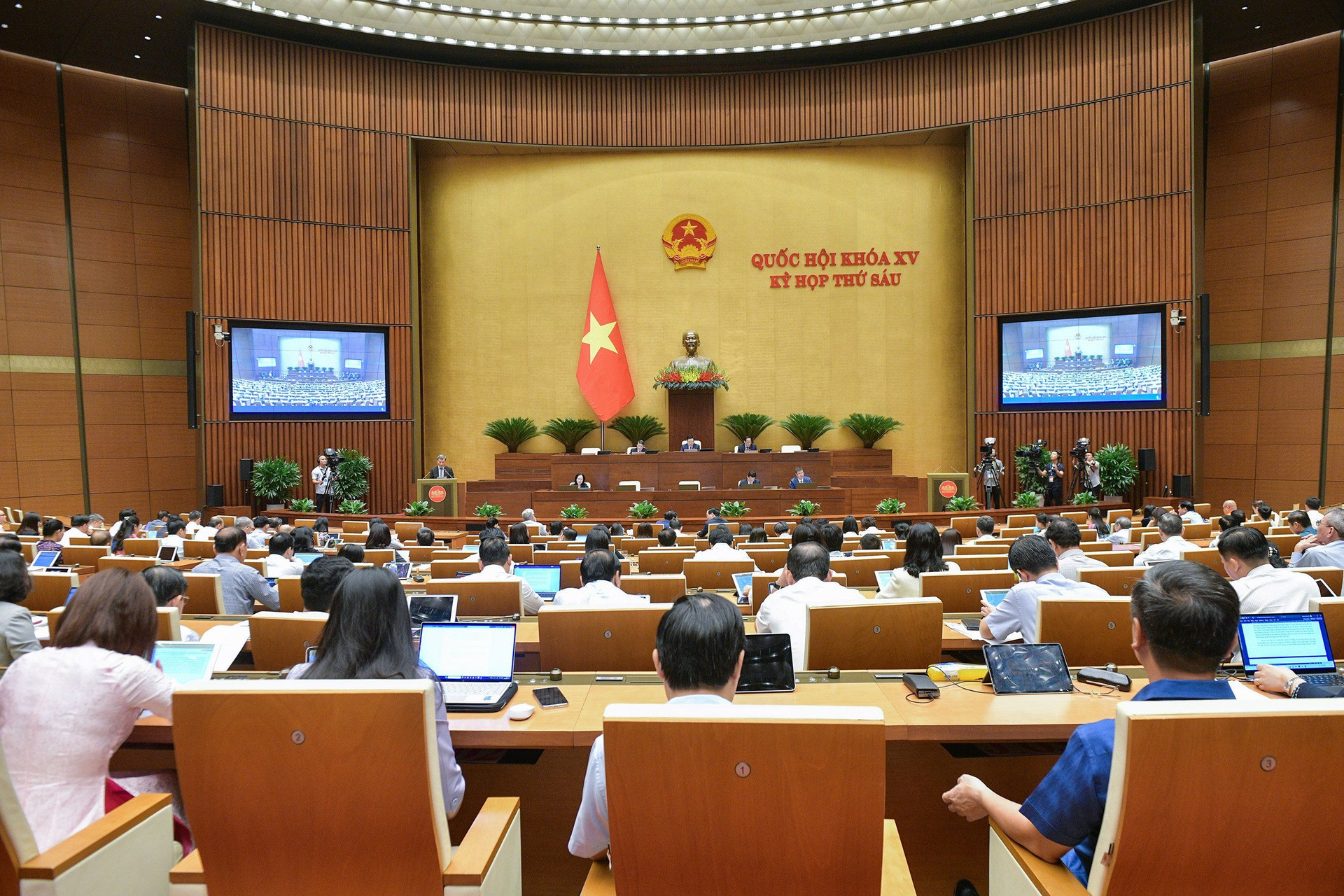
The Standing Committee of the National Assembly finds that regulating and distributing water resources is an important activity to ensure stable exploitation and use of water for economic sectors, overcoming the overlapping situation between the provisions of the Law on Water Resources and specialized laws related to water exploitation and use under the management responsibility of ministries and branches. Therefore, absorbing the opinions of the National Assembly deputies, the draft Law has clearly stipulated the basis, principles, solutions, scenarios, plans for regulating and distributing water resources and the responsibilities of relevant ministries, branches and localities, as shown in Article 35 of the draft Law.
There are opinions suggesting that regulating and distributing water resources, especially in cases of drought and water shortage, requires close linkages, mutual support and arrangement of essential resources for implementation. It is proposed to add the responsibility of the Ministry of Natural Resources and Environment to report to the Prime Minister in cases of particularly serious drought and water shortage for timely direction, enhancing effectiveness and efficiency. In response to the above opinions, the draft Law has revised the regulations on the responsibility of the Prime Minister to decide on plans to regulate and distribute water resources when drought and water shortage occur in Clause 1, Article 36; the responsibility of the Ministry of Natural Resources and Environment, the Ministry of Agriculture and Rural Development, the Ministry of Industry and Trade, relevant ministries and provincial People's Committees in implementing water resource regulation, deciding on water distribution and use restrictions; deciding on the use of existing water sources in the area; Direct the mobilization of water resources within the scope of management to proactively overcome water shortages, ensure water for daily life and other essential needs in Clause 2, Article 36.
Special regulations on exploitation and use of water resources
Regarding the content of "exploitation and use of water resources (section 2, Chapter IV)", there are opinions suggesting separating the two subjects of water resource exploitation and water resource use to have appropriate management regulations . Incorporating the opinions of National Assembly deputies, the draft Law has separated the content of regulations on water resource exploitation and water use for different purposes, as shown in section 2, Chapter IV of the draft Law. Specifically: Article 41, Article 42 stipulates generally for both subjects of water resource exploitation and use; Articles 43 to 47 stipulate specifically for subjects of water resource exploitation only and Articles 48 and 49 stipulate for subjects of water use.
Regarding the proposed addition to clarify the principles of licensing the exploitation and use of water resources to ensure transparency and serve as a basis for detailed guidance in the decree . In response to the above opinion, the draft Law has added licensing principles such as: ensuring the interests of the State, the rights and legitimate interests of relevant organizations and individuals in water exploitation; not causing degradation, depletion, or pollution of water sources when conducting exploration, exploitation, and use of water resources... in Article 55 of the draft Law.
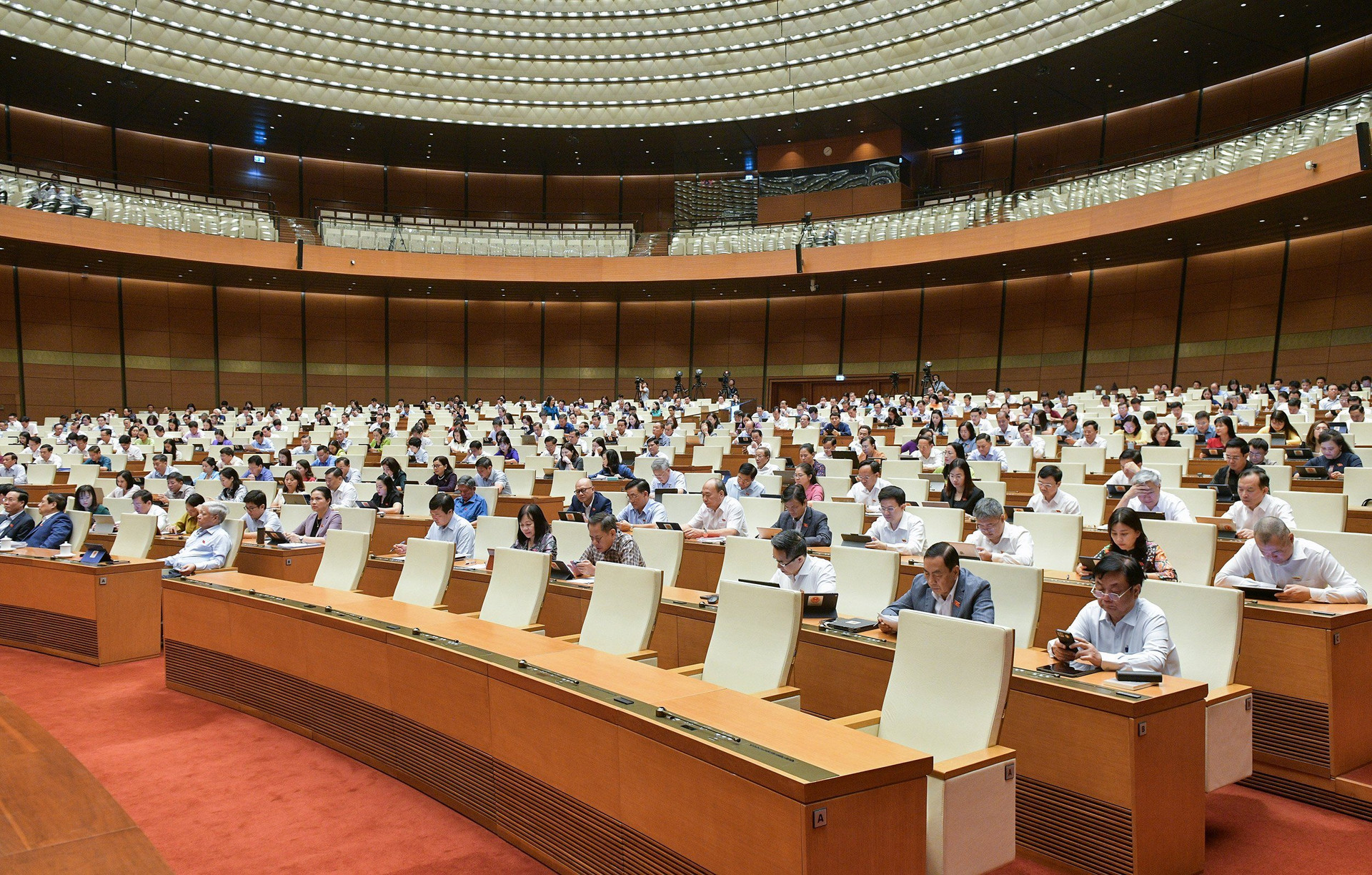
There is a proposal to declare the exploitation of groundwater by households for domestic purposes . In response to the opinions of the National Assembly Deputies, the draft Law has been revised to supplement the provisions on the exploitation of groundwater at the household level for domestic purposes, which are subject to declaration as prescribed in Clause 2, Article 52, in order to strictly manage the exploitation of groundwater, protect groundwater and prevent and combat the harmful effects caused by uncontrolled exploitation of groundwater, and assign the Government to specify in detail in Clause 9, Article 52. At the same time, Clause 3, Article 85 of the draft Law also stipulates the effective date of this provision from July 1, 2026, that is, 2 years after the Law takes effect to ensure feasibility. The Government also agrees with the policy viewpoint of the Standing Committee of the National Assembly and has also added an impact assessment report on this content attached to Report No. 576/BC-CP.
Supplementing regulations on water circulation and reuse
There is a proposal to add a separate article on water circulation and water reuse, which addresses issues regarding mandatory subjects, which activities are allowed to reuse wastewater; mechanisms to encourage the use of recycled water and preferential policies for the use of water for domestic, agricultural, industrial and other purposes . The Standing Committee of the National Assembly finds that recycling and reuse of wastewater is an effective solution in saving water, but currently the cost of recycling and reuse of wastewater is many times higher than the cost of purchasing water and the cost of wastewater treatment. In the context of unusual weather changes, climate change, requirements for ensuring water security and risks from heavy dependence on international water sources, it is necessary to invest in research and selectively apply international experience in using recycled water and reusing water to proactively respond to water shortages.
Therefore, taking into account the opinions of National Assembly deputies, on the principle that economic development does not trade off the environment and water security and vice versa, ensuring water security does not hinder economic development, the draft Law has added Article 59 regulating the use of circulating water and water reuse, expressed at 3 levels of application to suit the socio-economic development conditions of our country: (1) Encourage water exploitation and use projects with solutions for circulating water use and water reuse in Clause 1, Article 59; (2) Have a plan and roadmap to stipulate types of projects that must have plans to reuse wastewater for areas that frequently experience drought and water shortages and corresponding incentives according to the provisions of law in Clause 5, Article 59; and (3) Mandatory application to investment projects in production, business and services that exploit, use water and discharge wastewater in areas where water sources are no longer able to bear the load as prescribed in Clause 4, Article 59. At the same time, supplement preferential regulations for production, business and service projects that implement water recycling and reuse solutions in Clause 6, Article 59 and Clause 3, Article 73 of the draft Law.
Specifying economic instruments on water resources
There are opinions suggesting the need to economicize the natural resources and environment sector, and to closely follow the socialist-oriented market mechanism in the management and use of water resources . In response to the opinions of National Assembly deputies, the draft Law has specified the content of water economics in Chapter VI on economic tools, policies and resources for water resources and stipulated one of the principles of water resources management in Clause 6, Article 3 on the principles of management, protection, regulation, distribution, development, exploitation, use of water resources, prevention, control and overcoming of harmful effects caused by water; Article 70 stipulates water resources services, Article 71 stipulates water resources accounting and Article 74 on socialization of investment in development, water storage and water resource restoration.
Chairman of the Committee for Science, Technology and Environment Le Quang Huy said that the draft Law has been revised and supplemented with regulations on the state management responsibilities of the Government and the Ministries of Natural Resources and Environment, Agriculture and Rural Development, Industry and Trade, and Construction to avoid overlapping functions and management scope between relevant Ministries such as the Ministry of Public Security, the Ministry of National Defense, and the Ministry of Foreign Affairs in the management of water exploitation and use, as stated in Article 79 of the draft Law.
Member of the National Assembly Standing Committee, Chairman of the National Assembly's Committee on Science, Technology and Environment Le Quang Huy said that the Draft Law after being absorbed and revised includes 10 Chapters and 86 Articles.
Source



![[Photo] Prime Minister Pham Minh Chinh chairs the first meeting of the Central Steering Committee on housing policy and real estate market](https://vphoto.vietnam.vn/thumb/1200x675/vietnam/resource/IMAGE/2025/9/22/c0f42b88c6284975b4bcfcf5b17656e7)




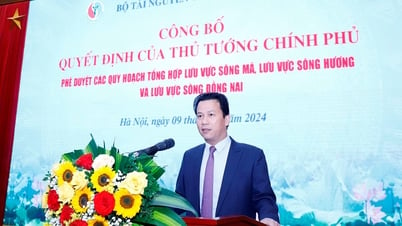
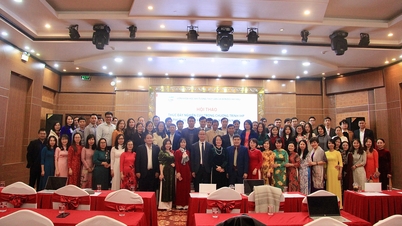
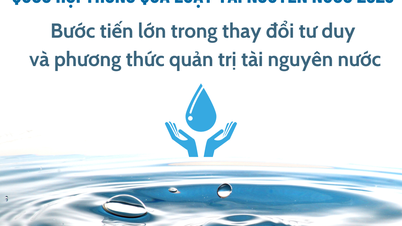

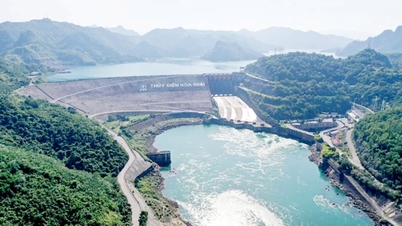
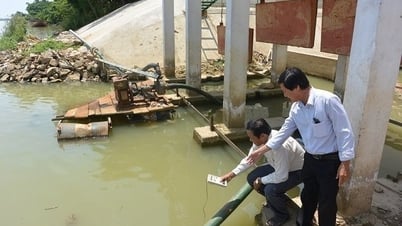


















































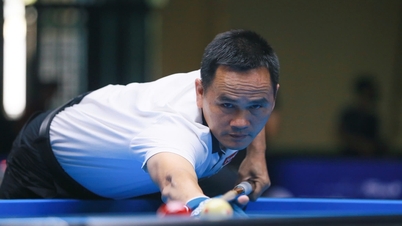
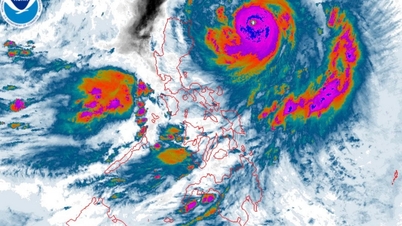
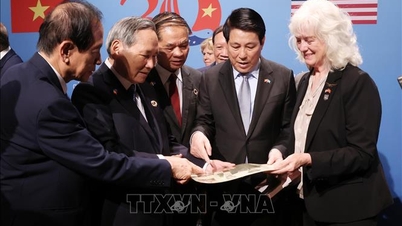






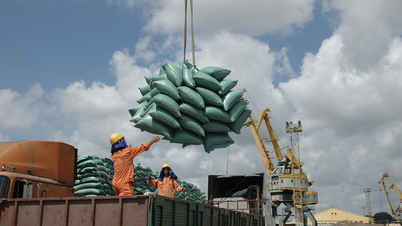






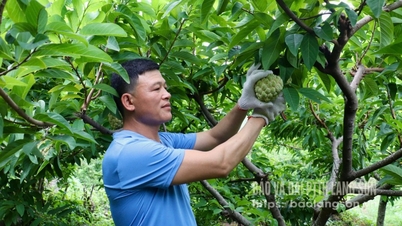

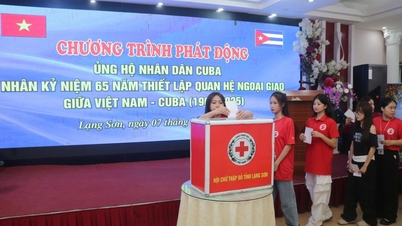
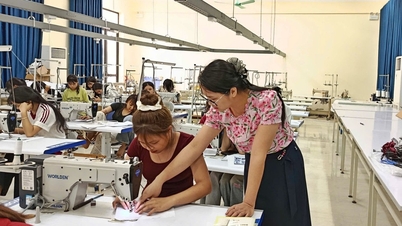




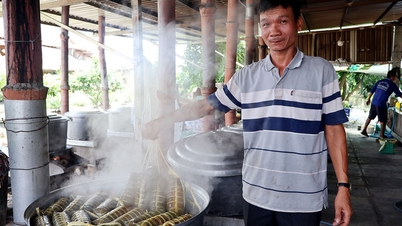



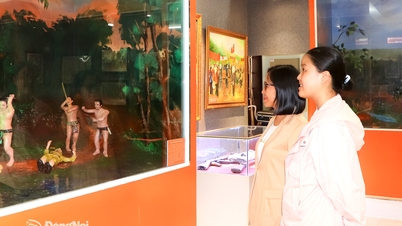











Comment (0)